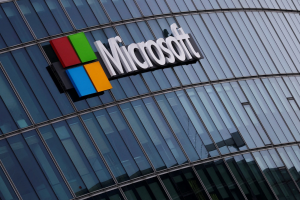According to April’s money and lending figures, UK consumers’ willingness to borrow and spend remains unhindered despite the ongoing US trade war and a weakening jobs market.
Capital Economics suggests that this resilience may lead to a healthy 0.4% quarter-on-quarter growth in consumer spending in Q2 of 2025.
In April, there was a £3.0bn increase in households’ bank deposits, a figure smaller than the average £8.0bn gain observed over the past six months.
However, a record £14.0bn rise in cash ISA deposits was noted, possibly due to speculation of the Chancellor contemplating a reduction in the cash ISA tax-free allowance.
Furthermore, consumer credit in April saw a £1.6bn rise, slightly more than the £1.1bn increase in March and the average £1.2bn growth over the past six months.
This rise in consumer credit indicates that the uncertainty surrounding US tariffs did not deter consumers from borrowing last month. It also suggests that the boost in retail sales in April did not negatively affect non-retail spending.
On the other hand, net mortgage lending, calculated as gross advances minus repayments, saw a significant drop from +£13.0bn in March to -£0.8bn in April.
This decline is likely a reversal of the surge in March when buyers advanced purchases before the stamp duty became more burdensome from April 1st.
The third consecutive monthly decrease in mortgage approvals, from 63,603 in March to 60,463 in April, implies that the recent slowdown in house price growth may not be entirely due to temporary timing effects related to the stamp duty increase.
This could potentially increase the downside risks to Capital Economics’ prediction of a 3.5% rise in house prices in the year to Q4 2025.
Despite a blow to consumer confidence, Capital Economics reports little evidence of global tariff uncertainty making households more cautious with their borrowing and spending.
This finding offers some optimism that the UK economy might steer clear of a contraction in Q2.













